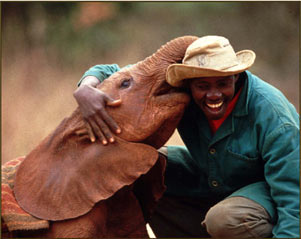Credit: Amazon.com
A few weeks ago, a friend of mine posted a link on her Facebook about seeing into the lives of children and their bedrooms. She said it was, "eye-opening" and I clicked on it.
It was eye-opening.
James Mollison's book "Where Children Sleep" is a journey from America to Japan to Kenya to Brazil, looking at the lives of children and, as he put it, what choices they have over possessions and their relationship to them.
I have to admit, it took me weeks to find this book. Though released in 2010, the story is being circulated a year later and I don't think the publisher was ready for it. I bought a copy for my sister-in-law and niece earlier, but had wanted my own copy. Thankfully, I was eventually able to find it.
The book is set up where each child gets two pages. On the left-hand side is the picture of the child in front of a white backdrop and their story is set in a paragraph underneath them. On the right page is the child's bedroom. After photos and stories of Israeli children are the stories of Palestinian children. After the photos from a New Jersey child's mansion is the bare, dirty mattress of a child who works in a granite quarry at the age of 8. It is stark and breath-taking.
Mollison comments in the introduction that he does not have any judgment, but wished to acknowledge his own amazing upbringing and to start a discussion about what we can do for, in my own words, "the least of these."
The book is moving in its simplicity and straightforwardness. The images are well done and beautiful. You want to reach into the pages and touch the little girl whose village will disown her because they believe the Devil has stolen her soul. You smile at the boy who wants to make marmalade for a living.
One of the reviews I read on Amazon.com said, referring to the book with her children: "They feel privileged when reading about the lives of many of of the children and are critical of the have-it-all children who are also pictured." While I think that it is good to share this book, I think we must also be careful. Because, in the end, WE are those "have-it-all" children when compared to many of the children in this book. I think it is important to see ourselves in those American children and see what we could do to help those who are hurting.
I would highly recommend this book, especially to those who wish to teach their children compassion. It is temporarily out of stock on Amazon (and really, everywhere else), but here's the
LINK. You can order it now and they won't charge you until it's shipped.






